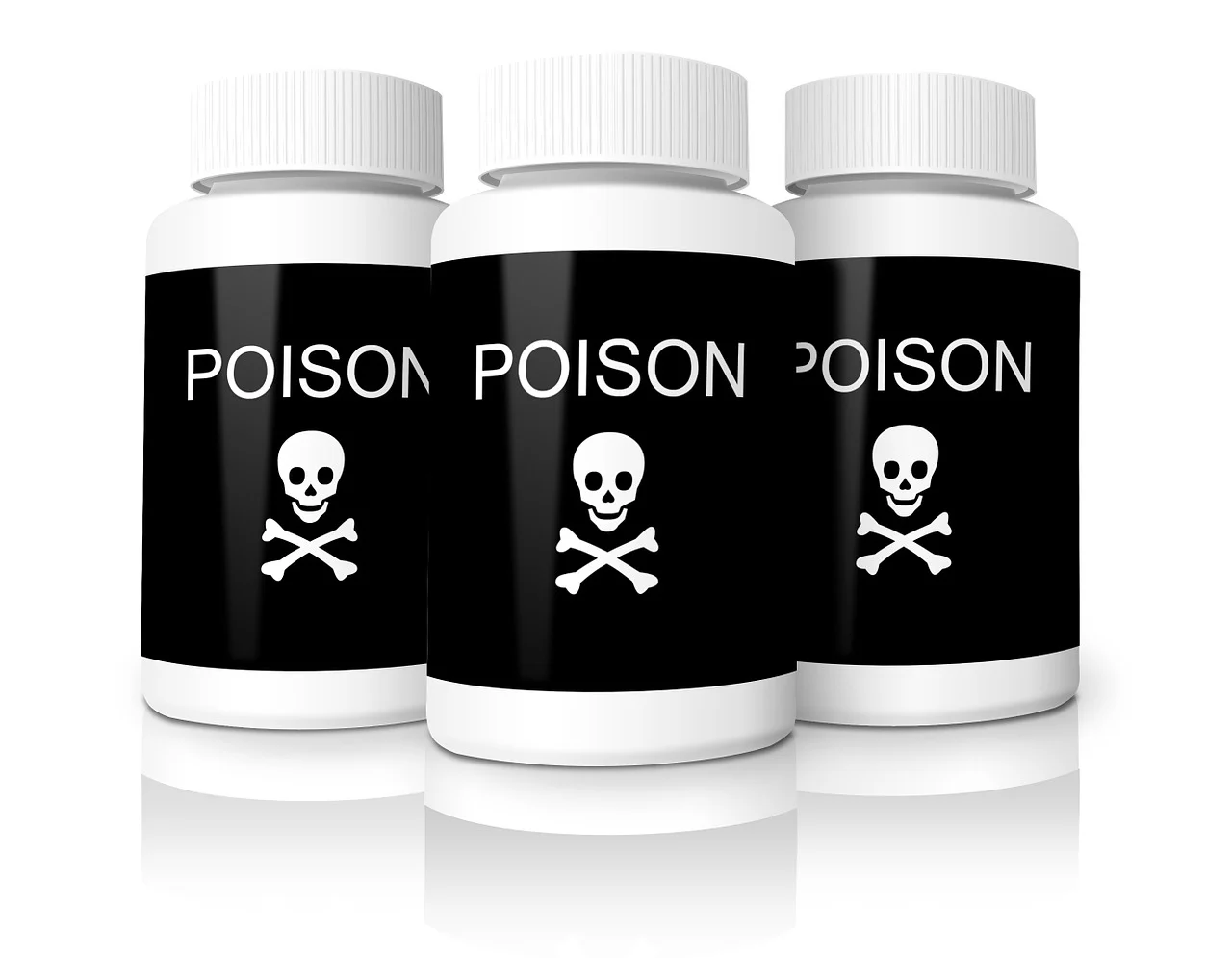Children are at risk of poisoning from many common household items and products. Here are some of the most common child poisonings:
- Medications: Over-the-counter and prescription medications can be toxic to children, especially in large amounts. This includes pain relievers, cough and cold medicines, and vitamins.
- Cleaning products: Many household cleaning products contain harsh chemicals that can be poisonous if ingested or inhaled. This includes bleach, ammonia, and drain cleaners.
- Personal care products: Some personal care products, such as perfumes, nail polish remover, and hair dye, can be toxic if ingested or inhaled.
- Plants: Some plants, such as lilies, azaleas, and ivy, can be toxic if ingested by children.
- Pesticides: Insecticides can be toxic if ingested or inhaled by children. These products should be used with caution and stored out of reach.
- Alcohol: Children should never be allowed to consume alcohol, as even small amounts can be toxic.
- Lead: Lead poisoning can occur from ingesting lead-based paint or dust, which is commonly found in older homes.
It’s important to keep these items out of reach of children and to follow proper storage and disposal guidelines. If you suspect your child has been poisoned, call your local poison control center or emergency services immediately.
Here are some first aid poison prevention tips:
- Keep all medicines, household cleaners, and other poisonous substances out of the reach of children. Store them in a locked cabinet or high up out of reach.
- Never transfer poisonous substances to other containers, such as empty soda bottles or milk jugs. This can be confusing and potentially dangerous.
- Always read and follow the directions and warnings on labels of household chemicals, medications, and other products. If you are not sure about the safe use of a product, ask your doctor or pharmacist.
- Never mix cleaning products together, especially bleach and ammonia. This can create toxic fumes.
- If you suspect that someone has been poisoned, call your local poison control center or emergency services immediately.
- Keep the number for poison control handy and accessible. In the United States, the number is 1-800-222-1222.
- Learn the symptoms of poisoning, such as vomiting, dizziness, confusion, and difficulty breathing.
- If you need to dispose of medications or other poisonous substances, follow the proper disposal guidelines. Many communities have drug take-back programs or hazardous waste disposal sites.
By following these tips, you can help prevent poisonings and respond appropriately if an accident occurs. Be sure to take CPR and First Aid training for additional information.

